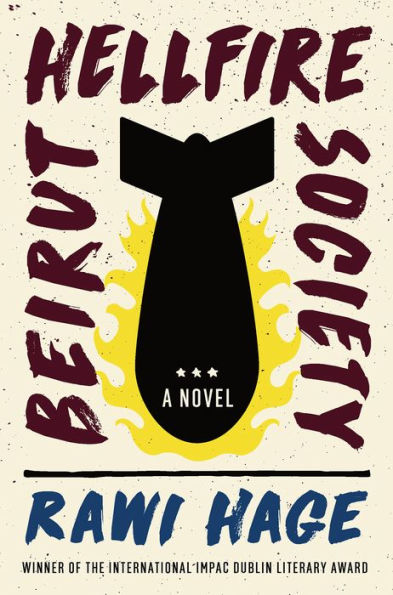
It also incorporates Craps and Beulness' ethical direction of trauma to understand how war can shape and influence the antihero's transformation, and to position the existential Arab antihero in Hage's novel in the field of Anglophone Arab war fiction. This research is theoretically framed using The Archetypal Antihero in Postmodern Fiction (2010) by Rita Gurung to scrutinize the character's evolution and transformation into an antihero, and trauma studies including Cathy Caruth's readings of traumatized literary figures and her findings of trauma in her Trauma: Explorations in Memory (1995). It also dwells on the representation of the antihero's psyche reflecting the complex nature of the antihero figure in times of conflicts. The representation of the antihero in postmodern Anglophone Arab war fiction is of paramount importance as it reclaims the past through depicting historical events. The crafting of postmodern antiheroism in the context of war has become a medium to voice out the traumatic experiences of this individual around whom events of death, loss, destruction, and chaos are centered. Hage’s novel is a brisk, surreal, and often comic plunge into surviving the absurd nihilism of war.Abstract : This article aims at investigating the transformation of the contemporary Arab protagonist into an existential antihero in Rawi Hage's Beirut Hell Fire Society (2018) which is set during Lebanon's civil war.


Pavlov’s strange responsibilities quickly bring him into conflict with a disturbed militiaman and a violent drug dealer, challenging the carefully cultivated detachment he wears as armor.

Pavlov accepts the Society’s invitation without hesitation, and soon becomes a makeshift fixer for Beirut’s broken-beyond-repair: a would-be assassin requests his ashes be mingled with his dead son’s a wealthy widow plans to be exhumed and relocated to the side of her dead lover the sons of a murdered communist hope to cremate their mother who was denied a grave by religious authorities. Told over the course of 1978, the story is crafted with a filmmaker’s touch, favoring bold characters and colorful drama to depict the human cost of Lebanon’s civil war. Pavlov’s new responsibilities are accompanied by an invitation to join the secretive Hellfire Society, an order of outcasts and libertines that relied on Pavlov’s father and his hidden crematorium to give them proper funerals. After his eccentric undertaker father is killed by a stray artillery shell, Pavlov, a brooding and isolated young man, assumes control of the family business in Beirut in this potent novel from Hage ( De Niro’s Game).


 0 kommentar(er)
0 kommentar(er)
